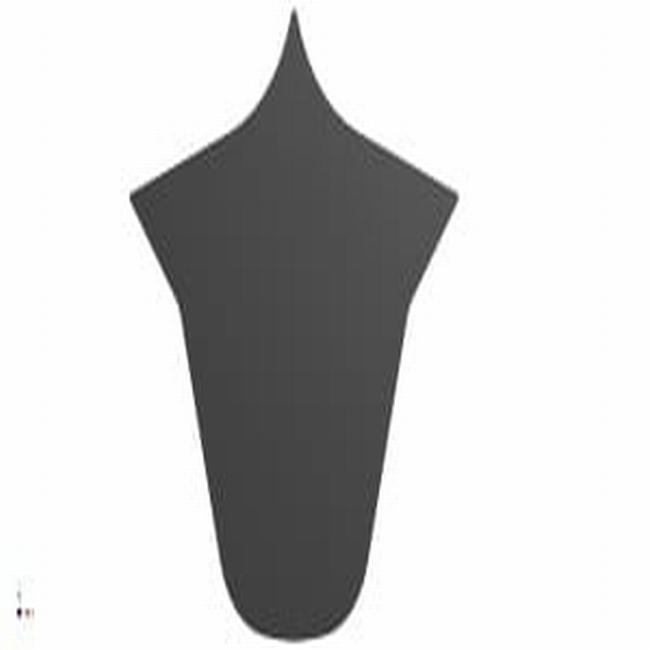Concrete pipe seals are specialized sealing components used in conjunction with concrete pipes and culverts to provide watertight and secure connections. These seals are essential for preventing leaks, protecting against infiltration, and maintaining the integrity of drainage and sewage systems. Here are some key points about concrete pipe seals:
- Material Composition: Concrete pipe seals are typically made from durable elastomeric materials, such as rubber, EPDM (ethylene propylene diene monomer), neoprene, or other synthetic compounds. These materials are chosen for their resistance to water, chemicals, and environmental factors.
- Sealing Function: The primary purpose of concrete pipe seals is to create a watertight and airtight seal between the joints of concrete pipes or culverts. This prevents water infiltration, soil erosion, and the escape of wastewater or sewage.
- Types of Seals:
- Gasket Seals: Gasket seals are placed within the joint between two concrete pipes. They provide a compression seal when the pipes are connected, ensuring a tight fit.
- Mastic Seals: Mastic seals consist of a flexible sealant that is applied to the joint surface before connecting concrete pipes. As the pipes are pressed together, the sealant forms a seal by adhering to both sides of the joint.
- Customization: Concrete pipe seals are available in various sizes and shapes to fit different pipe diameters and configurations. Custom designs can be created to accommodate specific project requirements.
- Installation: Installing concrete pipe seals typically involves placing the seal within the joint or applying the sealant to the joint surface before connecting the pipes. Proper installation is essential to ensure an effective seal.
- Durability: Concrete pipe seals are designed to withstand the harsh conditions often encountered in sewage and drainage systems, including exposure to moisture, chemicals, and soil. They have a long service life and require minimal maintenance.
- Compliance: Many concrete pipe seals are manufactured to meet industry standards and regulatory requirements for water and wastewater infrastructure.
- Applications: Concrete pipe seals are commonly used in a wide range of applications, including stormwater drainage systems, sanitary sewer systems, culverts, manholes, and wastewater treatment facilities.
- Leak Prevention: Effective sealing with concrete pipe seals helps prevent leaks, which can lead to ground erosion, sinkholes, and environmental contamination. It also ensures the efficient flow of water and wastewater within the system.
In summary, concrete pipe seals are crucial components in water and wastewater infrastructure, providing reliable sealing solutions for concrete pipes and culverts. They help maintain the integrity and functionality of drainage and sewage systems while preventing costly damage and environmental hazards associated with leaks and infiltrations. Proper selection and installation of concrete pipe seals are essential to ensure their effectiveness.






